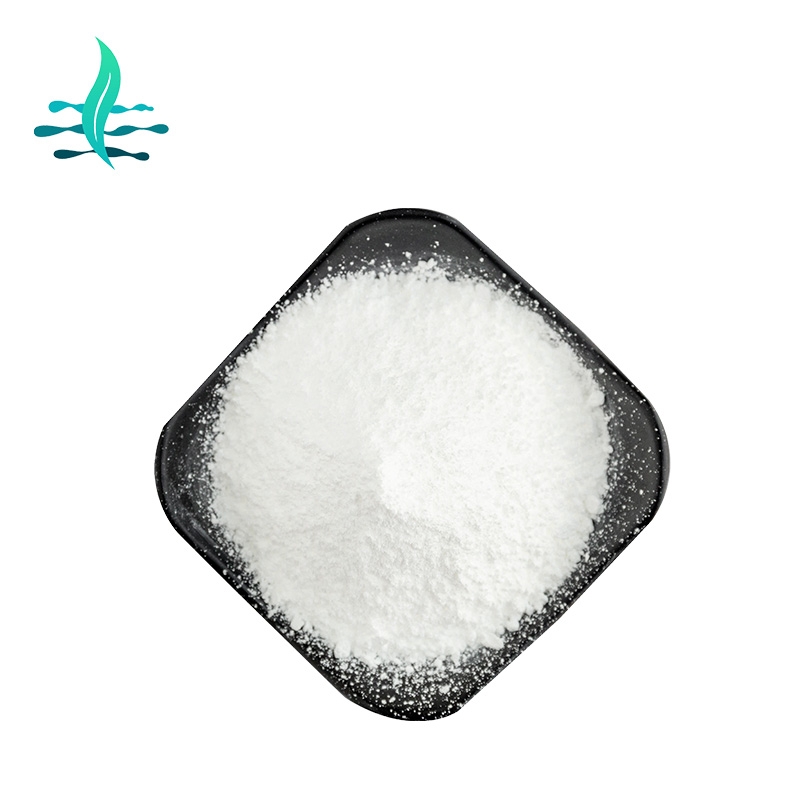NCB: parkin and USP30 regulate mitochondrial autophagy through ubiquitination
-
Last Update: 2015-02-01
-
Source: Internet
-
Author: User
Search more information of high quality chemicals, good prices and reliable suppliers, visit
www.echemi.com
February 1, 2015 / BIOON / -- recently, a research team from the United States published in the famous international journal Nature Cell They found that parkin and USP30 can balance and regulate mitochondrial autophagy through ubiquitination process, which is of great significance for the development of drugs for Parkinson's disease Many studies have shown that mitochondrial dysfunction plays an important role in the pathogenesis of Parkinson's disease Christian n Cunningham et al Confirmed that parkin with E3 ubiquitin ligase function and USP30 with de ubiquitin enzyme function can balance and regulate mitochondrial autophagy They found that mitochondrial damage can stimulate parkin to connect lys6, lys11 and lys63 ubiquitin chains to mitochondria, while USP30 can remove lys6 - and lys11 ubiquitin chains from mitochondria through its ubiquitinase function Using mass spectrometry technology, researchers found that recombinant USP30 will preferentially remove lys6 and lys11 ubiquitin chains from intact mitochondria, counteracting parkin regulated ubiquitin chain formation process 。 In conclusion, the results show that the homeostasis of mitochondria is regulated by the balance of ubiquitination and de ubiquitination The imbalance of these two processes is an important mechanism leading to Parkinson's disease These results may reveal the general mechanism of autophagy in organelles This article is the original compilation of Biovalley, welcome to reprint! Please indicate the source of the reprint and attach the original link Thank you! doi:10.1038/ncb3097 USP30 and parkin homeostatically regulate atypical ubiquitin chains on mitochondria Christian N Cunningham, Joshua M Baughman, Lilian Phu, Joy S Tea, Christine Yu,Mary Coons, Donald S Kirkpatrick, Baris Bingol & Jacob E Corn Multiple lines of evidence indicate that mitochondrial dysfunction is central to Parkinson's disease Here we investigate the mechanism by which parkin, an E3 ubiquitin ligase, and USP30, a mitochondrion-localized deubiquitylase, regulate mitophagy We find that mitochondrial damage stimulates parkin to assemble Lys 6, Lys 11 and Lys 63 chains on mitochondria, and that USP30is a ubiquitin-specific deubiquitylase with a strong preference for cleaving Lys 6- and Lys 11-linked multimers Using mass spectrometry, we show that recombinant USP30 preferentially removes these linkage types from intact ubiquitylated mitochondria and counteracts parkin-mediated ubiquitin chain formation in cells These results, combined with a series of chimaera and localization studies, afford insights into the mechanism by which a balance of ubiquitylation and deubiquitylation regulates mitochondrial homeostasis, and suggest a general mechanism for organelle autophagy
This article is an English version of an article which is originally in the Chinese language on echemi.com and is provided for information purposes only.
This website makes no representation or warranty of any kind, either expressed or implied, as to the accuracy, completeness ownership or reliability of
the article or any translations thereof. If you have any concerns or complaints relating to the article, please send an email, providing a detailed
description of the concern or complaint, to
service@echemi.com. A staff member will contact you within 5 working days. Once verified, infringing content
will be removed immediately.







